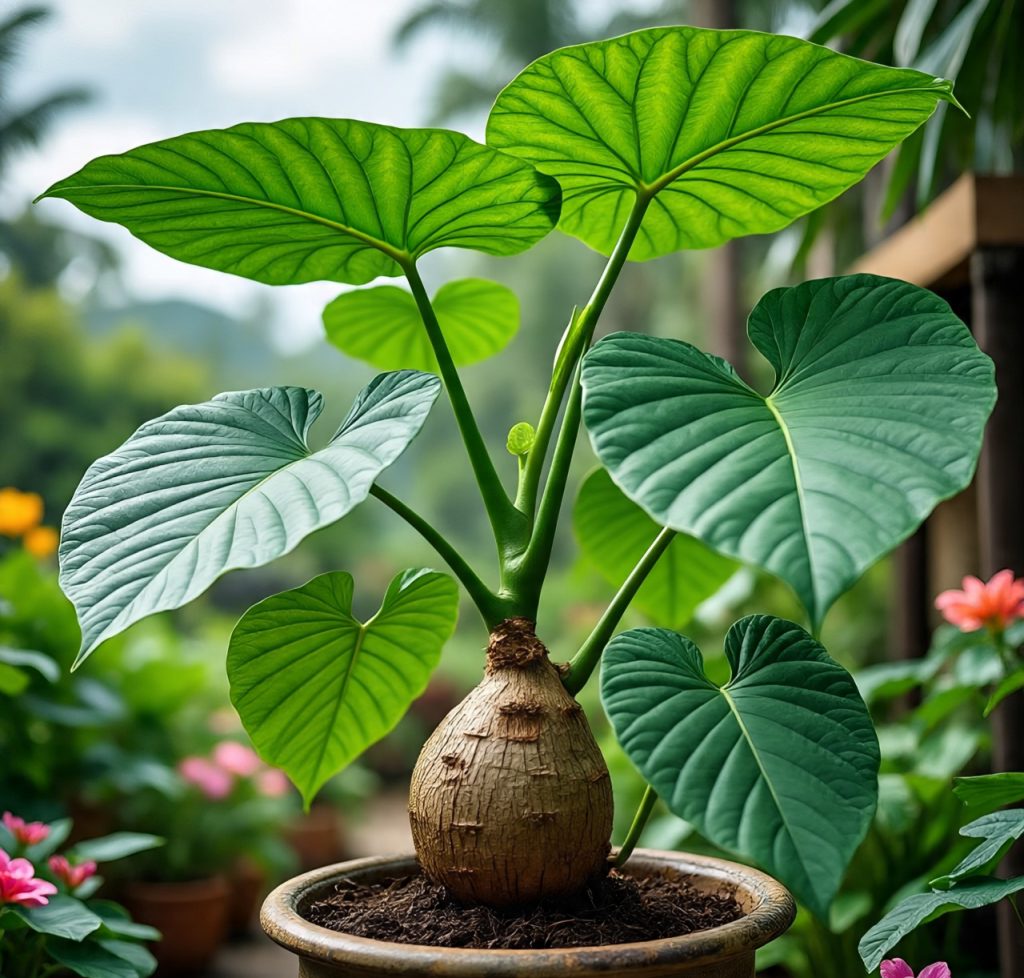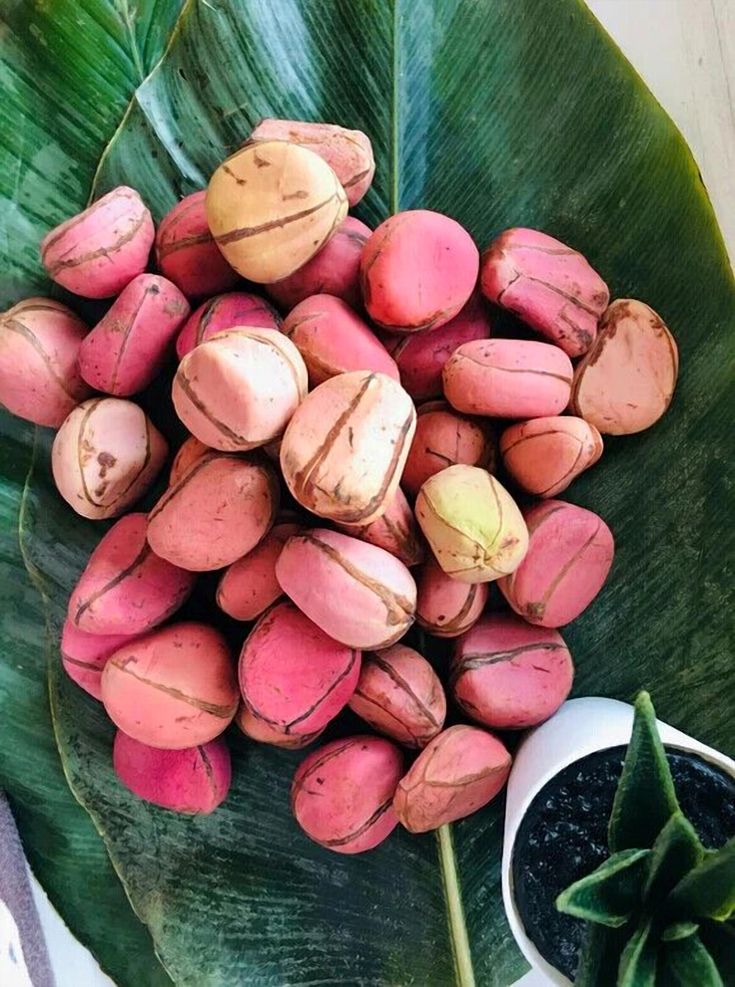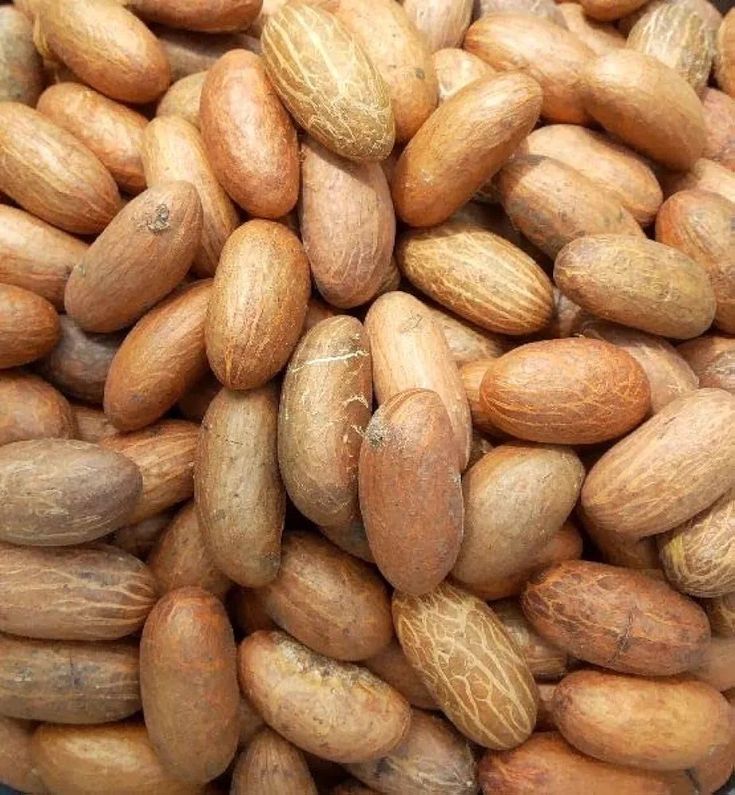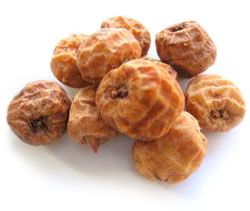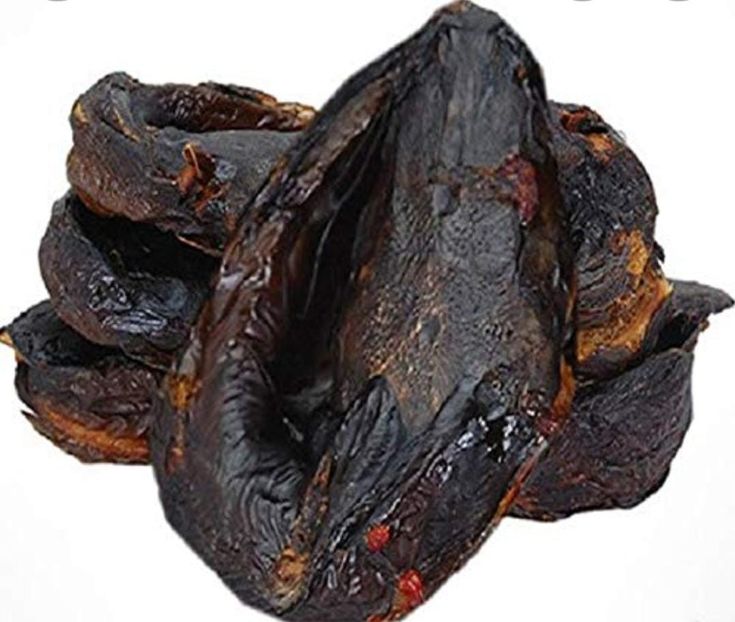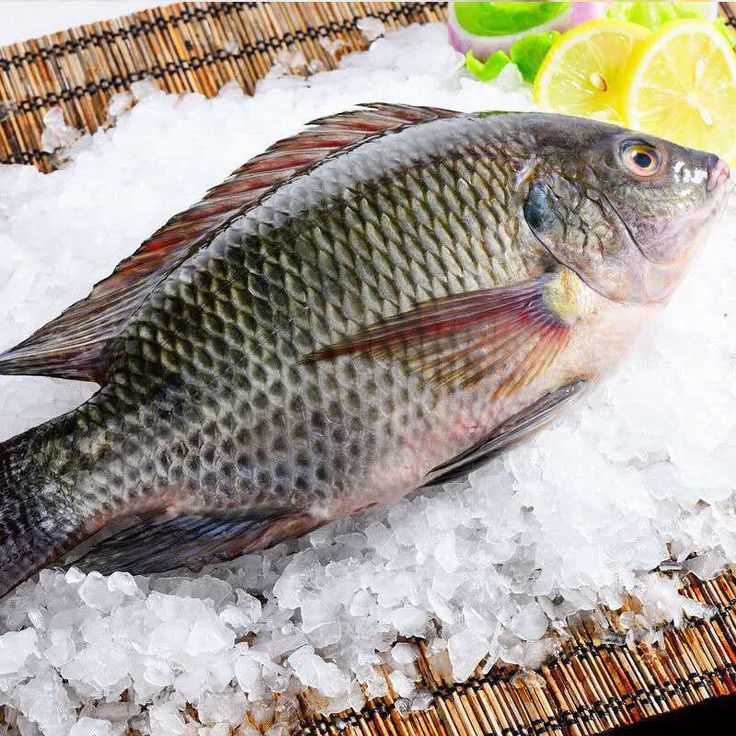What It Is and What Export of It Is
Cocoyam refers to a root tuber from the Araceae family, commonly cultivated in Nigeria and other parts of West Africa. It comes in two main varieties: Colocasia esculenta (taro) and Xanthosoma sagittifolium (tannia). Cocoyam is prized for its starchy corms, edible leaves, and high digestibility, making it a staple in many traditional diets.
Exporting cocoyam involves sourcing high-quality tubers, cleaning, sorting, packaging, and shipping them fresh or processed to international markets where demand exists, particularly among African, Caribbean, and Asian communities.

Uses of Cocoyam
-
Culinary: Boiled, pounded, fried, or used in soups and stews (e.g., Ekpang Nkukwo).
-
Baby food: Used in making easy-to-digest meals.
-
Flour production: Dried cocoyam can be milled into flour for baking or thickening soups.
-
Animal feed: Leaves and peels are sometimes used as livestock feed.
Export Forms
-
Fresh Cocoyam Tubers
-
Peeled and Frozen Cocoyam
-
Dried Cocoyam Chips or Powder (Flour)
-
Cocoyam Leaf (fresh or dried)

Packaging for Export
-
Fresh Tubers: Cleaned, sorted, and packed in well-ventilated jute bags or perforated cartons, 25–50kg per sack.
-
Frozen or Dried: Vacuum-sealed or in food-grade polythene, then packed in cartons.
-
Clearly labeled with product name, weight, origin, and batch details.
Preservation and Handling
-
Fresh cocoyam should be kept cool and dry to avoid sprouting or rot.
-
Frozen cocoyam must be kept at sub-zero temperatures.
-
Dried products should be moisture-free and packed in airtight containers.
Top Importing Countries
-
United Kingdom
-
United States
-
Canada
-
Germany
-
France
-
UAE
-
Saudi Arabia
HS Code
-
0714.90.00.00 – Other Roots and Tubers (including Cocoyam), fresh or dried
Nigeria’s Export Potential
Nigeria has fertile soil for cocoyam cultivation, especially in the South-East and South-South regions. Despite being underutilized compared to yam and cassava, cocoyam has growing export potential as diaspora demand rises. Proper processing, improved packaging, and compliance with international phytosanitary regulations can increase export viability.

